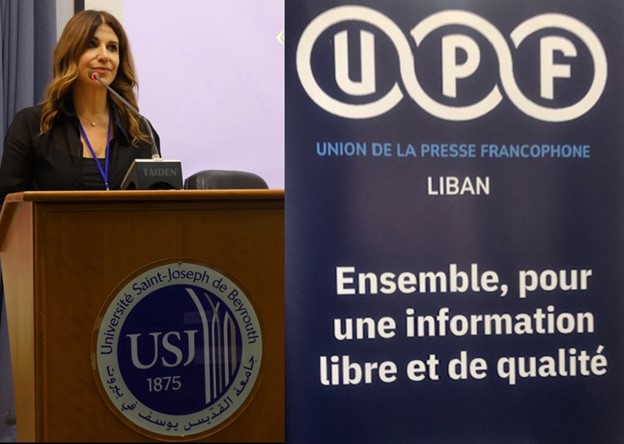
Three days ago, Bambi attended an inspiring event in Beirut with a vibrant audience essentially made up of journalists as well as trainees in journalism.
Organized by the energetic Dr. Roula Azar Douglas (President of the newborn UPF Liban) and co-moderated by her, along with seasoned journalist Ms. Patricia Khoder, the inauguration of the “Union de la Presse Francophone” (UPF LIban) took place at the Institute of Political Science of the Université Saint-Joseph.
In partnership with the “International Organisation of La Francophonie” (OIF) for the Middle East, the Lebanese inauguration included two thought-provoking round tables , marking the launch of UPF Liban, the newest national chapter of the international “Union de la Presse Francophone”. Wow, bravo!
To begin with, the UPF (again: Union de la presse francophone) is an international organization, which brings together journalists, editors, and related professionals from the French-language press. Founded on May 13, 1950, the UPF has about 4,000 members in 110 branches worldwide (https://tinyurl.com/5n6kzcay). Of note, Canada is one of the countries where the UPF is active, with branches in several provinces, including Radio-Canada. The latter was mentioned by the keynote speakers.
As far UPF Liban is concerned, the latter is envisioned to be a space, bringing together print, radio, television, and online media journalists around shared core values, namely the defense of independent journalism, the strengthening of professional rigour and work ethics, the promotion of the French language in the Lebanese media landscape, and the creation of a dynamic hub for training, exchange, and collaborations with a spirit of solidarity. For instance, UPF Lebanon will be open to both Arabophone and Anglophone media professionals, not just Francophones. The only requirement from members is to understand the French language, not even speak it and surely not use it for work). If this is not a welcoming and a genuinely inclusive collegial attitude, what is it then?
Of note, this very first UPF Liban event was harmoniously aligned with the philosophy of the host university, established in Beirut in 1875 by the Jesuits with a motto of “Promoting the training of the whole person and openness to others, promoting dialogue“. Indeed, the inauguration was a golden opportunity for an enriching chat among journalists of different approaches or visions. Topics addressed included independence of journalism, artificial intelligence, fake news, fact checks, biased news ,solutions and/or preventive measures (e.g., checking sources, using tools to detect fake news online, etc.).
Regardless of the richness of their intellectual diversity, what united all participants was a commitment to journalistic rigour, and thus to independent journalism. As two speakers explained well, the media can have a specific editorial line, it is OK, if it remains professional, rigorous, and truthful.
Related to the above, it is Bambi’s impression that one of the beauties of tiny Lebanon is the diversity of its media and intellectuals’ tendencies. Of course, the challenge is to keep being committed to fostering real dialogues among everyone. This means avoiding falling into the trap of working in silos, in what looks like echo chambers, or with an intellectual paralysis due to much political correctness, like in today’s Canada or other parts of the world.
To come back to the inauguration of UPF Liban, it featured opening remarks by Dr. Sami Nader, Director of the Institute of Political Science at the USJ, Dr. Roula Azar Douglas, President of UPF Liban and journalist at L’Orient-Le Jour, Ms. Zara Nazarian, Secretary General of the international UPF, who travelled all the way from Yerevan, Armenia, for the occasion, and last but not least Mr. Levon Amirjanyan, OIF Representative for the Middle East.
Following the above, two round tables on disinformation took place, captivating the attention and participation of the audience, which asked questions and shared thoughtful insights. Indeed, Bambi was impressed by the high calibre of questions, especially by students from other institutions as well, including the Lebanese University. Bravo to all!
Specifically, the first round table, “Media and Disinformation: Responsibilities, Practices, and Perspectives”, brought together Mr, Anthony Samrani (Editor-in-Chief, L’Orient-Le Jour or OLJ), Ms. Joyce Hanna (AFP), Ms. Victoria Werling (independent journalist), and Ms. Laura Rahal (Maharat), in a beautiful conversation moderated by Dr. Roula Azar Douglas (Editor, Orient des Campus of OLJ among other affiliations, both national and international). The speakers addressed the challenges stemming from disinformation and shared their precious insights on current professional practices and ethical considerations. Bambi appreciated the flow of moderation of this round table a lot. Well done, Dr. Azar Douglas!
The second roundtable, “Disinformation and Democratic Fragility”, offered an interdisciplinary enriching perspective on some of the systemic effects of disinformation. Speakers included Dr. Sami Nader (USJ), Mr. Peter Harling (Research Centre Synaps), and Mr. Ayman Mehanna (SKeyes). The moderator was Ms. Patricia Khoder (Beyrouth360.com) who gave her guests opportunities to fully elaborate on their clever and highly inspiring insights. Great job!
Last but surely not least, one of the key moments of the event, which took place between the first and second round tables, was a presentation of the OIF tools to support the development of a national policy to foster journalistic rigour in Lebanon. Examples included capacity building for journalists at the National News Agency (ANI), a public service media outlet, a national public awareness campaign, evaluation of regulatory mechanisms, support of project developers, such as the Lebanese company Siren Analytics, which presented the “Loi-Legal Checking” tool. Developed in partnership with Les Surligneurs (France) and the USJ Faculty of International Law, this AI-based tool helps journalists, legal experts, and citizens to better understand international humanitarian law, re-centring these legal principles within public discourse.
To conclude this post, Félicitations [“Mabrouk”] to UPF Liban! The latter has all what it takes to become a dynamic hub for the exchange of ideas, mutual support, and for the creation of initiatives where journalists will remain “united for quality independent information“, in line with the core values of the Francophone world [La Francophonie].
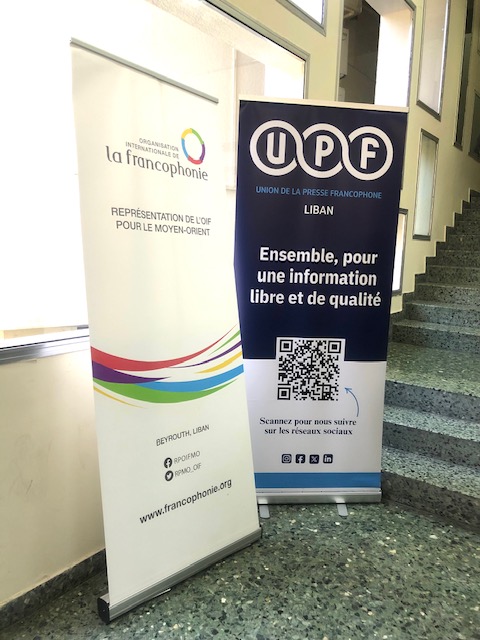
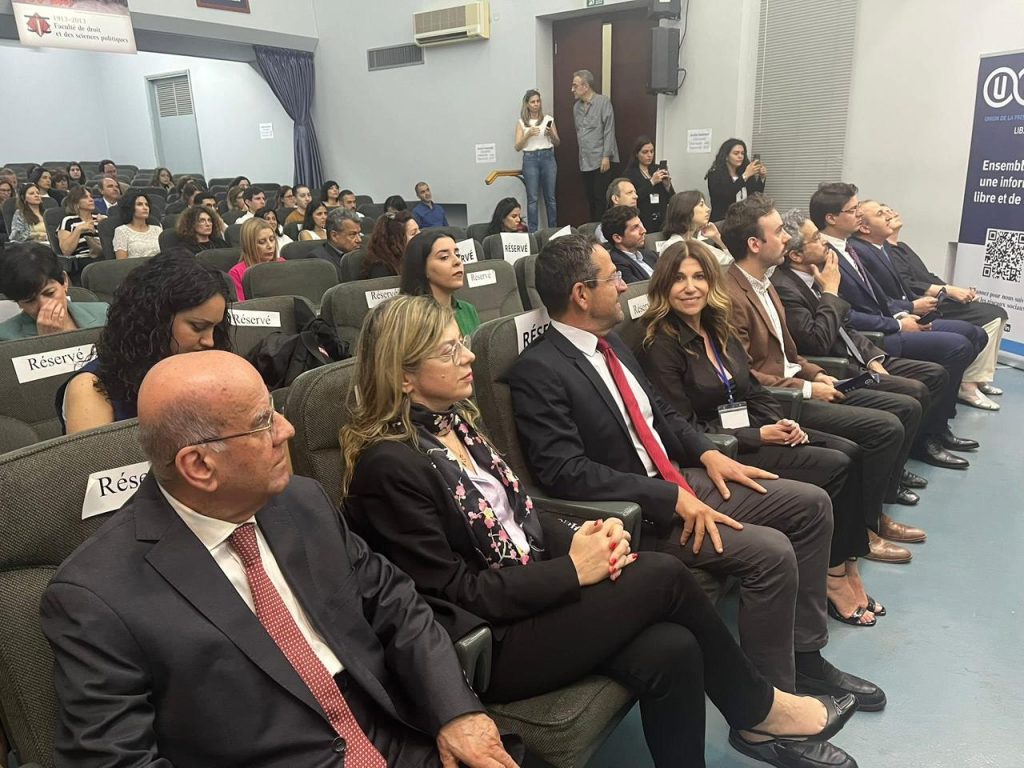
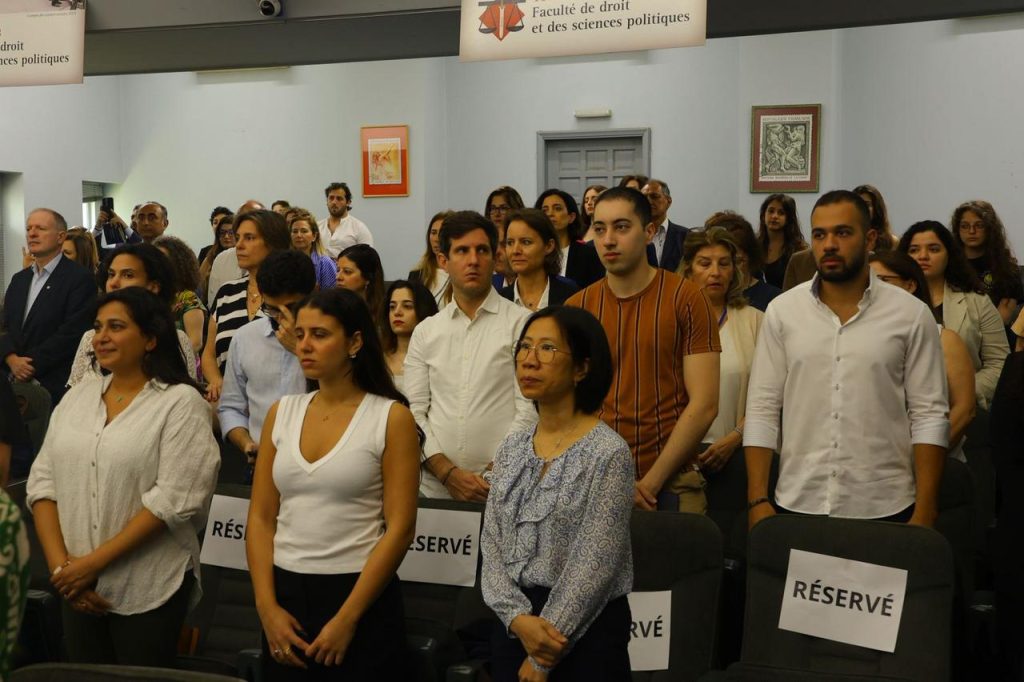
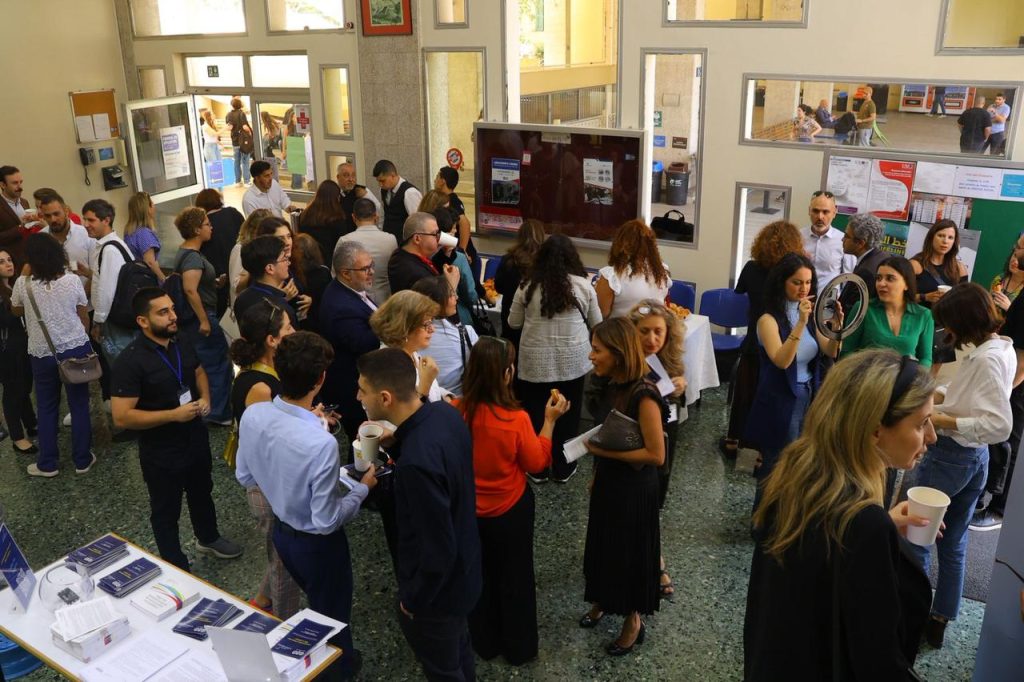
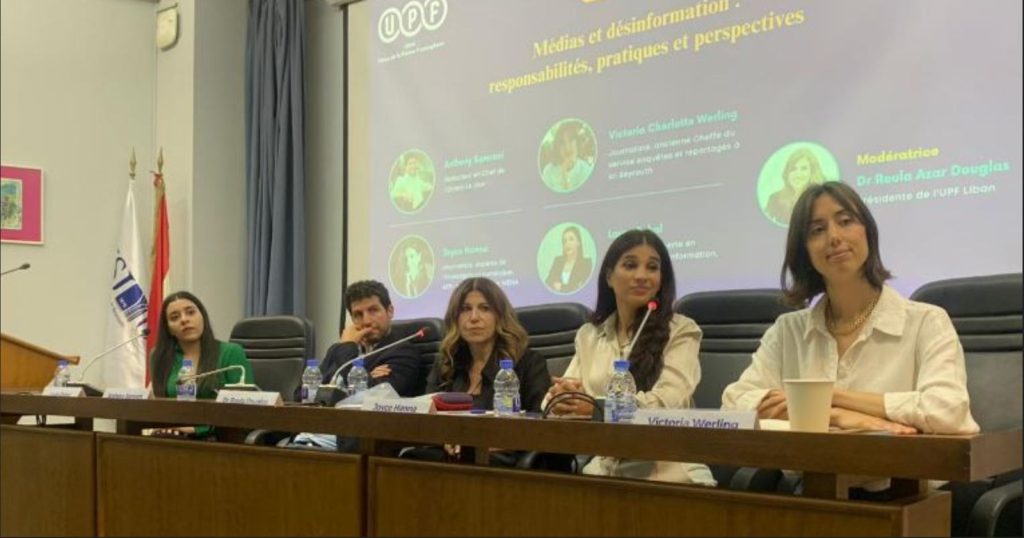
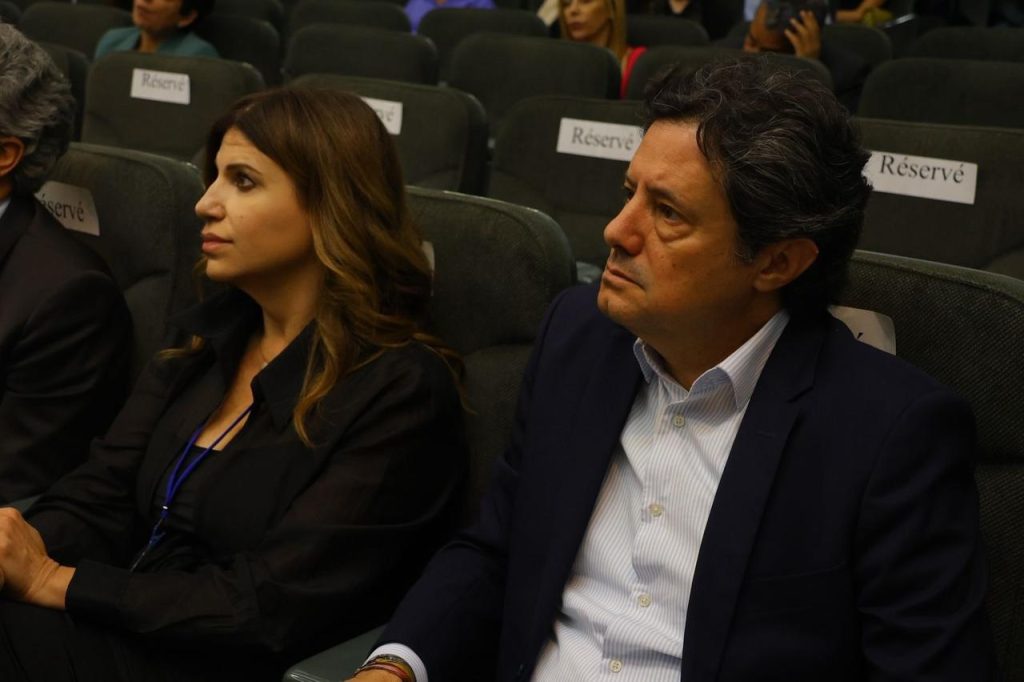
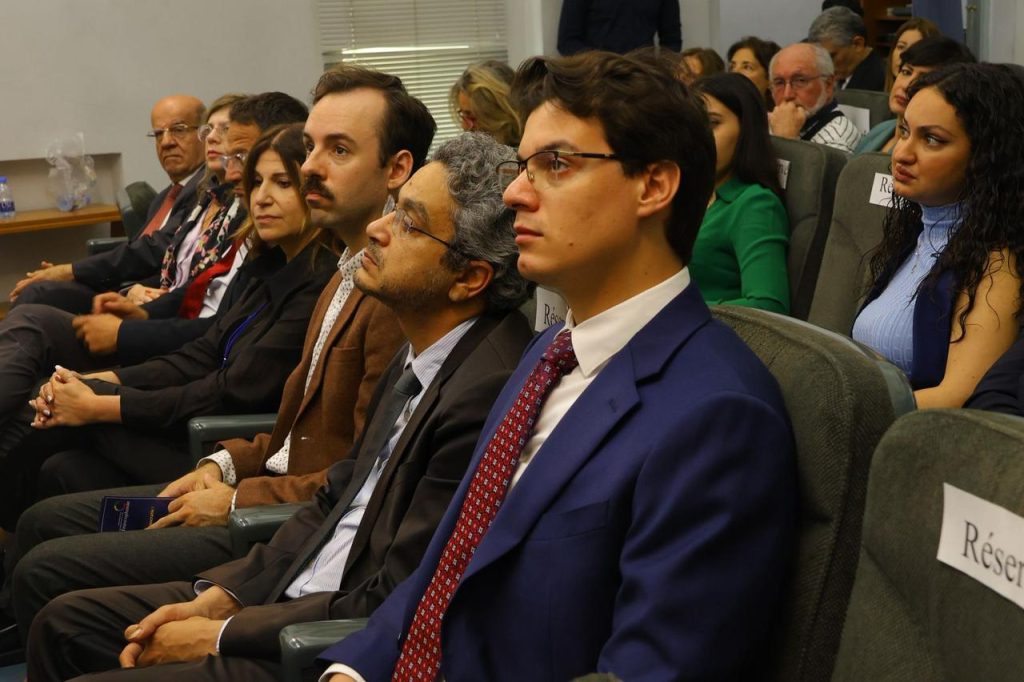
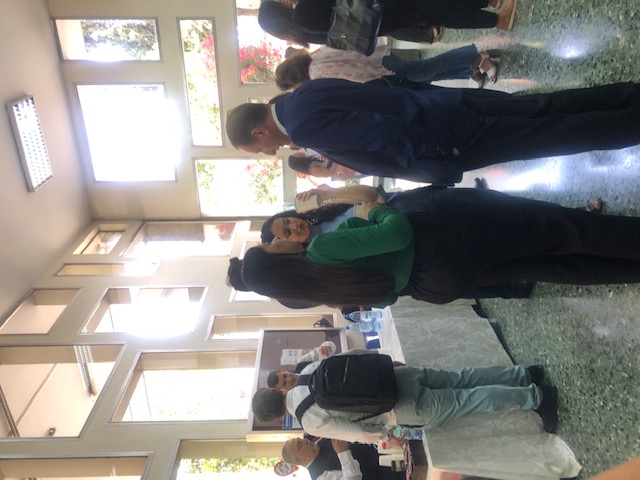


A big thank you Dr. Roula Azar Douglas for your hard work in achieving this wonderful accomplishment. You made us all proud! We wish you all the best and continued success.
Bravo, amazing!!!